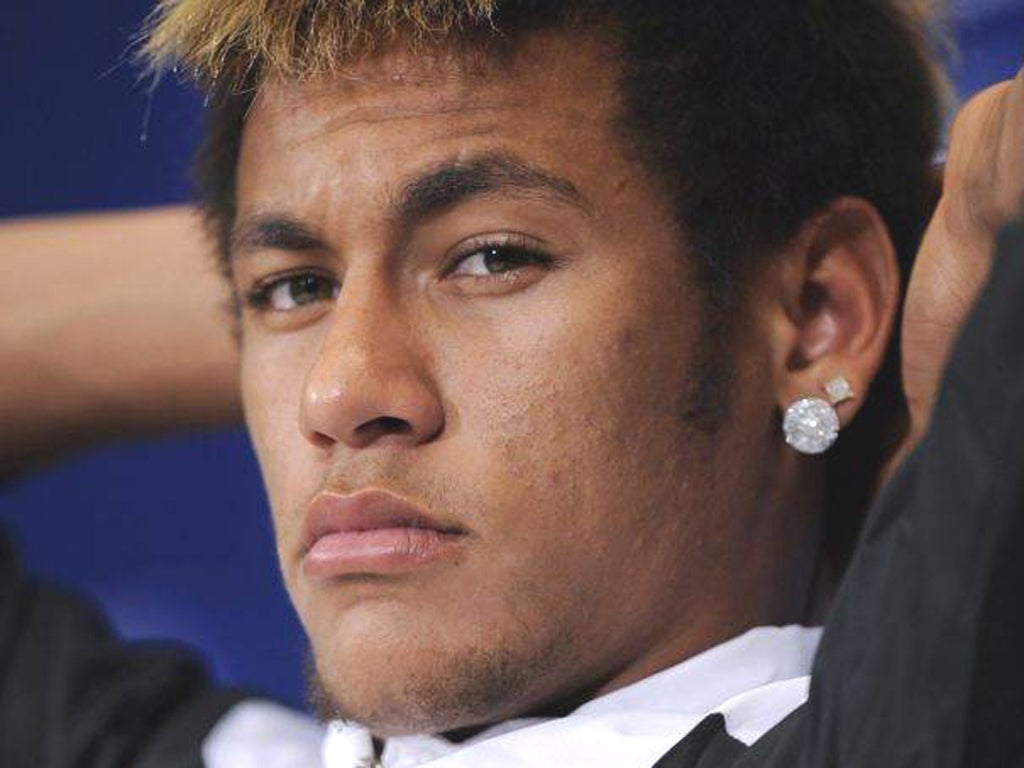Pioneers head east in game's latest gold rush as football opens up final frontiers
From Siberia and the Middle East to China, Rory Smith follows the trail of vast fortunes

Attended at his every waking moment by an interpreter, provided with an on-call chauffeur should he wish to explore his new surroundings and hosted in the opulent accommodation befitting a man paid more than £10m a year – the cosseted luxury awaiting Nicolas Anelka in Shanghai is not exactly redolent of the hardship of the pioneer. But while the lavish trappings of the Orient do not suggest it, that is exactly what the Frenchman is: the first global superstar to open up football's newest, and perhaps its final, frontier.
As the game's traditional power bases in western Europe have teetered to the brink of collapse, elsewhere the boom years continue unabated. In all but a handful of cases, football in the old world mirrors its economy: faltering under the weight of debts accrued with reckless abandon in the hope that tomorrow would never arrive, inviting austerity measures – in the form of Uefa's financial fair play – to secure a future, however diminished. On its new horizons, the good times still roll. In Russia, where oil oligarchs and energy plutocrats, arriviste billionaires and populist regional governments run clubs as playthings for political gain, the country's 16 top-flight teams were expected to spend more than $1bn on transfer fees and wages alone last season.
That figure includes the world-record salary, around £330,000-a-week, paid by Anzhi Makhachkala, to Samuel Eto'o, but it is not a distorted one: across the vast country, from the Black Sea to Siberia, Russian football is awash with money. Whose money varies: Anzhi are bankrolled by Suleiman Kerimov, the likes of CSKA Moscow and Lokomotiv Moscow by the army and the railways; when Krylya Sovetov and Tom Tomsk ran into financial trouble, they wrote straight to Vladimir Putin, who "asked" local companies to invest in their team.
"A pretty typical story is Leonid Fedun, who owns Spartak Moscow," says the Russian journalist and author Igor Rabiner. "At the age of about 50, he earned huge money and felt the need to be famous. Football is a perfect way to do that. Nobody knew him before, and everyone knows him now.
In the United Arab Emirates, too, they look to the bottomless wealth of the nation's richest individuals. Here, Manchester City's Sheikh Mansour bin-Zayed al-Nahyan, has already won a league title, with Al Jazira. His cast of stars in his homeland is costly, too, most notably the Brazil international Ricardo Oliveira, one of a number of foreign players in the Emirati Pro League.
"Most of the clubs in the UAE are owned by sheikhs," said Dr Khalid Mohammed Abdullah, managing director of the UAE Pro League Committee. "They are lifelong fans whose ambition is to improve UAE football. The series of high-profile names which has joined our teams will raise the level of football here," Dr Abdullah told i. "We aim to be pioneers of football in this region. The recruitment of foreign players and coaches adds a new value to the league, and this will help teams to perform well in the Asian Champions League.
"They do not just improve their teams' results, but the image of football in the UAE."
That is the logic applied in Russia and China, too; the Kremlin sees football as a tool with which to accelerate regeneration. In Brazil, it is the converse: this is no new frontier, so associated is the country with the game, but there is a renaissance none the less. Santos, currently in Japan for the Fifa Club World Cup, have retained both Ganso and Neymar, the two brightest prospects in South America, and are likely to keep the vultures away until the 2014 World Cup.
It is a combination of the Russian and Brazilian models, though, which has shaped the final frontier. "Some investors are under pressure from Beijing," says Cameron Wilson of Wild East Football, an English language website monitoring the game in China. "The money has been around in China for a while, but it only made it into football this summer, when Guangzhou Evergrande paid $10.6m for Dario Conca from Fluminense in Brazil. There is a tendency among the Chinese for not wanting to be the first to take a risk, but the strong regional identities here mean there is also an element of wanting to keep up with the Joneses. Shanghai lost face when Guangzhou signed Conca, and now, with Anelka, they are trying to regain it. And as soon as one club steps out and gets a player of that calibre, everyone else will want to, too."
Join our commenting forum
Join thought-provoking conversations, follow other Independent readers and see their replies
Comments
Bookmark popover
Removed from bookmarks